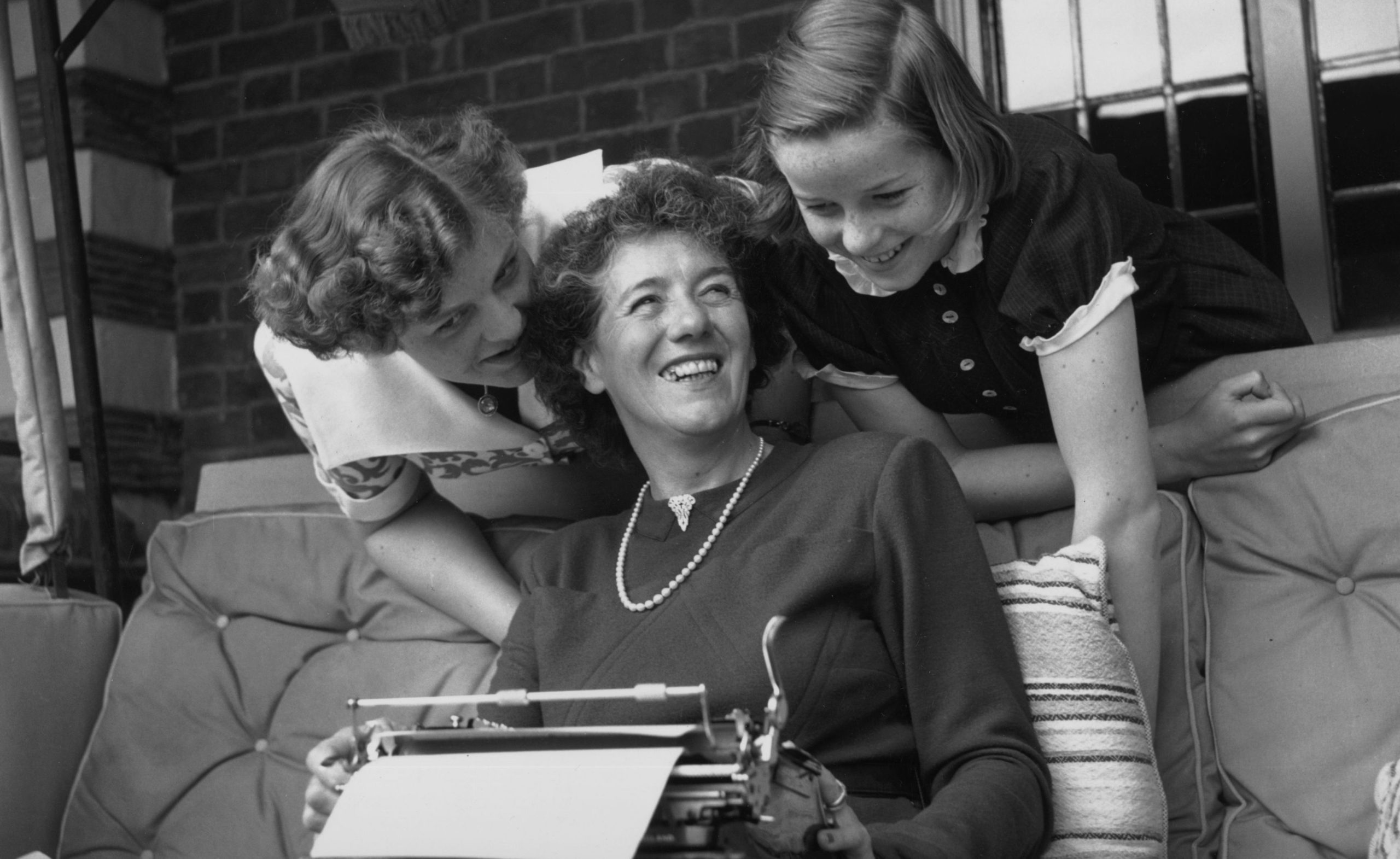There’s a certain irony in the fact that Enid Blyton, so often accused of being a snob herself, has long been the victim of overwhelming critical snobbery. The latest example comes from English Heritage, which has published a ‘reappraisal’ of her blue plaque, condemning her for ‘racism, snobbery and lack of literary merit’.
Judging by its own press releases, English Heritage is not well placed to judge other people’s literary merit. But poor Blyton, who died in 1968 and is unable to defend herself, has weathered such attacks before. I hope she does so again.
Whatever our heritage organisations might think, Blyton’s place in history is assured. According to the Enid Blyton Society’s website, she published more than 700 books — so many, in fact, that a precise figure is very hard to pin down — to the delight of millions upon millions of diminutive readers. Despite her books’ alleged lack of merit, they have been translated into almost a hundred languages and have shifted at least half a billion copies.
What does that tell you? That there are hundreds of millions of mugs in the world? Or, more plausibly, that Blyton had got something?
Even in her own lifetime, Blyton faced unrelenting abuse. Her alleged racism was always part of it — and in fairness, it’s hard to read books like The Little Black Doll or The Three Golliwogs today without wincing. The main issue, though, was her books’ supposed lack of merit. Schoolteachers and librarians often refused to stock them, claiming that they were too simplistic. The BBC refused to consider them for adaptation, writing her off as merely a ‘tenacious second-rater’. And to the high-minded, well-born critic Margery Fisher, who specialised in recommending improving literature for children, Blyton’s books were no more than ‘slow poison’.
But where books are concerned, there’s only one test that matters. What do the readers think? And for almost a hundred years the answer has been clear. Children love them.
For small readers, Blyton’s naïve simplicity, so irritating to the critics, is a delight. Even now, I can still recall the excitement I felt when Peter and Mollie’s Wishing Chair was about to carry them off to some exotic new world, or when the children at the top of the Faraway Tree found themselves in the Land of Birthdays. And when, a few years ago, I read the Secret Seven stories to my son, I might have been struggling to stay awake, but he was eagerly sketching out plans for a Secret Seven of his own. Slow poison? Not a bit of it.
Why then, has Blyton attracted such opprobrium? Not, I think, because of her racism and sexism. If that were the case, you could cancel almost every children’s writer before the 1960s.
The real answer is obvious. Blyton committed two sins that most highbrow critics find utterly unforgivable. First, she sold a colossal quantity of books. And second, she was a middle-class woman. And as the best-known children’s writer of our times will tell you, there’s nothing some people hate more than a successful woman.











Join the discussion
Join like minded readers that support our journalism by becoming a paid subscriber
To join the discussion in the comments, become a paid subscriber.
Join like minded readers that support our journalism, read unlimited articles and enjoy other subscriber-only benefits.
Subscribe